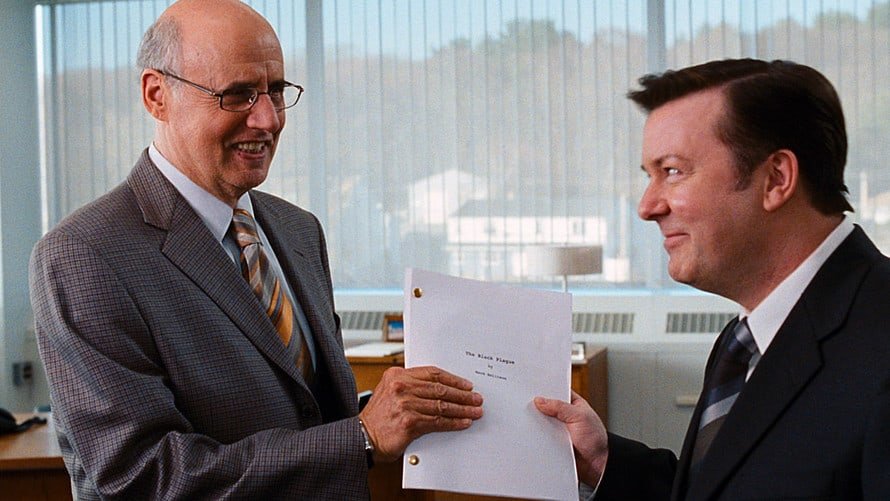
The Financial Experts Warn Retirees Against Having a Part-time Work After Retirement

Most people anticipate the day of their retirement because it gives them the opportunity to control their time for once. They don’t have to render a 40-hour work week to support themselves. They can finally go traveling, golfing, doing their hobbies and passion, or even bonding with their families and friends.
However, some retirees tend to get bored with spending too much leisure time, which makes them consider to have a part-time work. But before you think of applying, the financial advisors warn you from doing so immediately. Why? It’s because your part-time job may affect your Medicare and Social Security.
The Data
According to Vanguard Senior Financial Advisor Julie Virta, she saw a trend with her clients retiring after having a long-term career, only to decide later on they want to have a part-time job. She still sees most of her clients working even in their 70s. According to what her clients told her, it gave them a sense of value and worth to still be working and contributing to their long-time professional career.

While there’s nothing wrong with working, the financial advisors warn having an extra (active) income after retirement may impact your financial benefits.
According to the Bureau of Labor Statistics, around 54% of people aging 60-64 are working a part-time job as of 2017. Meanwhile, around 31.2% of the 65-69 crowd also have a part-time job. The managing director Dede Jones of Innovative Financial warns his retired clients of what to expect in their social benefits like Medicare and Social Security should they decide to go back to work.
Social Security
If you’ve already tapped into your Social Security benefits before you reach your full retirement age, and you’re still active in working, Jones said your accumulated wage income could potentially reduce your social security benefits. Jones also adds that if you start getting your monthly checks early, you need to keep your part-time earnings below the threshold so that your social security benefits won’t be affected.
As of 2018, the cap is around $17,040 according to Jones. If your earnings go beyond, your benefits will be deducted by $1 in every $2 you earn over the threshold. So Jones recommends you delay your social benefits claim first. Then when you reach the age of 65-67, you can work as much as you want without affecting your Social Security benefits. He also adds that if you’ve already claimed your social benefits early and just reached your full retirement age this year, you will be charged with $1 deduction for every $3 you earn above the $45,360 threshold.

While financial advisors recommend delaying your social security claim as long as possible to get a higher pension, most clients file their claim as early as the age of 62.
Beware of Your Medicare Surcharges
Aside from pushing you into a higher tax bracket due to your income, the financial advisors also warn that having an active income could trigger additional costs for your Medicare. According to the coverage, higher earners need to pay a surcharge if your income breaches the $85,000 threshold for individuals and $170,000 for married couples.
The surcharge costs will be placed to your Medicare Part B (outpatient) and Part D (prescription drugs).
Don’t Take RMDs for Granted
When you reach the age of 70, you may need to pay the required minimum distributions from certain retirement accounts. Most employees tend to forget these RMDs. But according to Virta at Vanguard, retirees still employed may have to participate in the distributions.
If your work includes you to participate in 401(k) plans, you can still make contributions and not take the RMDs. However, you’re required to take those distributions if you have a traditional individual retirement account. If you fail to do so, you may face paying a potential 50% penalty tax.
More in Pocket Change
-
`
Why You Need to Think Twice Before Buying a House
So, you have been scrolling through real estate listings, envisioning your dream kitchen, and even bookmarking paint colors for the nursery....
November 26, 2023 -
`
Santo Spirits: Sammy Hagar and Guy Fieri’s Joint Venture
In the world of business partnerships, some combinations might seem unconventional at first glance. But when you delve deeper into the...
November 16, 2023 -
`
Everything You Need to Know About Mortgage Rate Lock
You have probably embarked on the exciting yet nerve-wracking voyage of purchasing a home. Amidst the sea of paperwork, open houses,...
November 9, 2023 -
`
7 Effective Ways to Make Your Business More Sustainable
In an age of rising environmental consciousness, making your business more sustainable isn’t just a trend; it’s a necessity. Sustainable practices...
November 3, 2023 -
`
Housing Market Going Up? Then Why Not Rent?
“Buy a house! It is the best investment!” How many times have you heard that? Probably enough to make a drinking...
October 29, 2023 -
`
Surprising! Celebs Who You Didn’t Know Had a Master’s Degree
When it comes to celebrities, we often associate them with glitz, glamour, and blockbuster movies. But did you know that some...
October 17, 2023 -
`
Navigating the Housing Maze: The 7% Mortgage Rate Quandary
If there is one thing that this year has thrown our way (apart from those fascinating tech gadgets we did not know...
October 12, 2023 -
`
Where to Buy a House in the U.S With a $100K Salary
Got a cool $100,000 annual paycheck in your pocket? Cheers to that accomplishment! With such a financial cushion, dreams of homeownership...
October 6, 2023 -
`
The “Grave” Housing Crisis Forcing U.S. Homeowners to Sell Their Houses
Every culture has its dreams and aspirations. For those living in the United States, it has traditionally been an idyllic house, spacious and...
October 1, 2023















You must be logged in to post a comment Login